Categories
The latest content
-
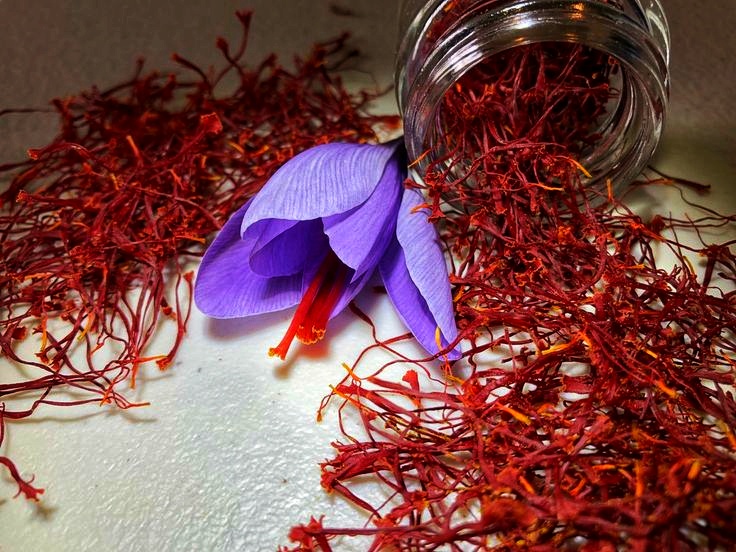
Unlocking the Golden Opportunity; How Afghan Importers & Distributors Can Profit from Iranian Saffron?
..
-
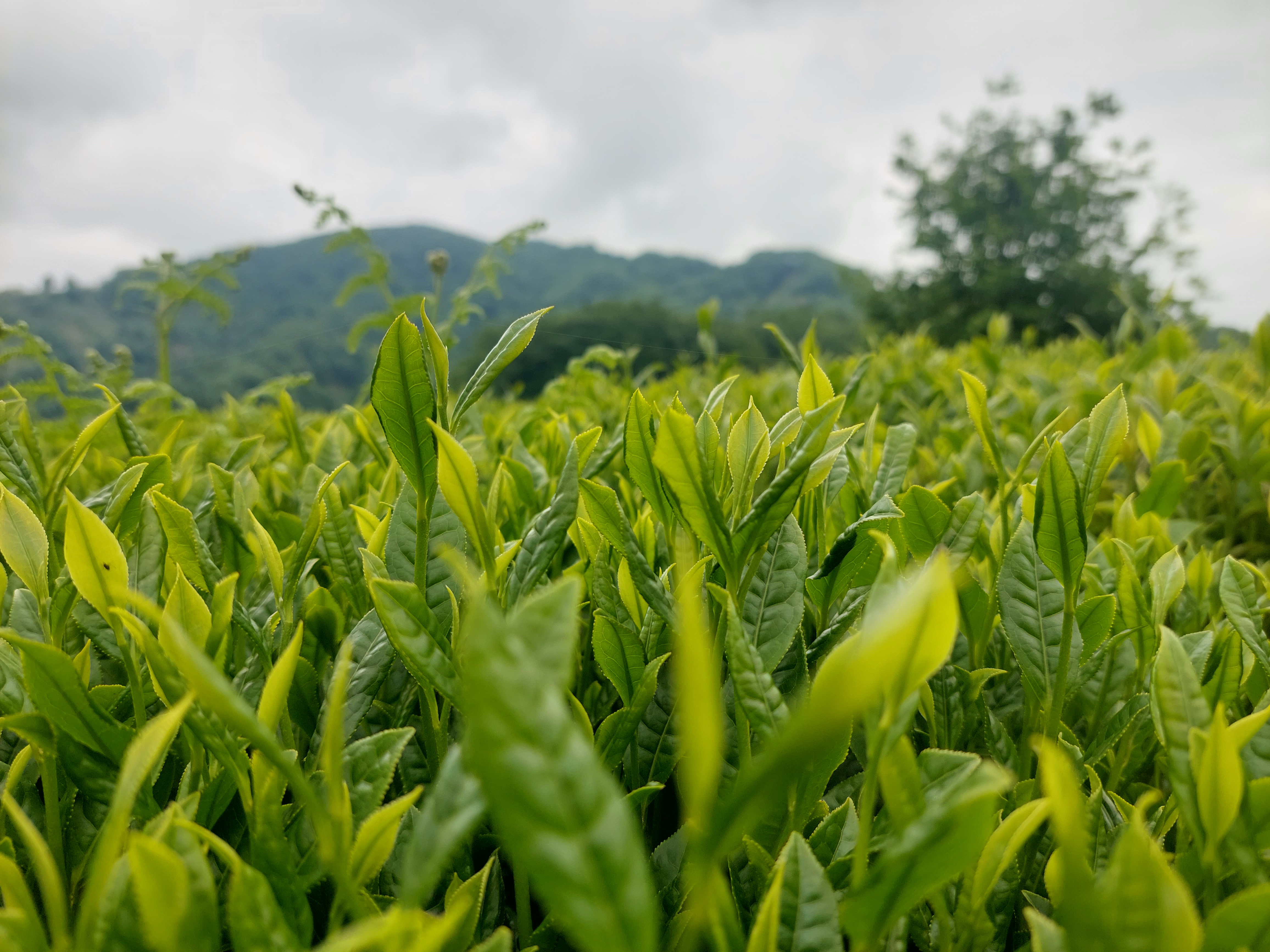
Top Types of Iranian Tea Preferred by Egyptian Consumers; A Guide for Importers and Distributors
..
-
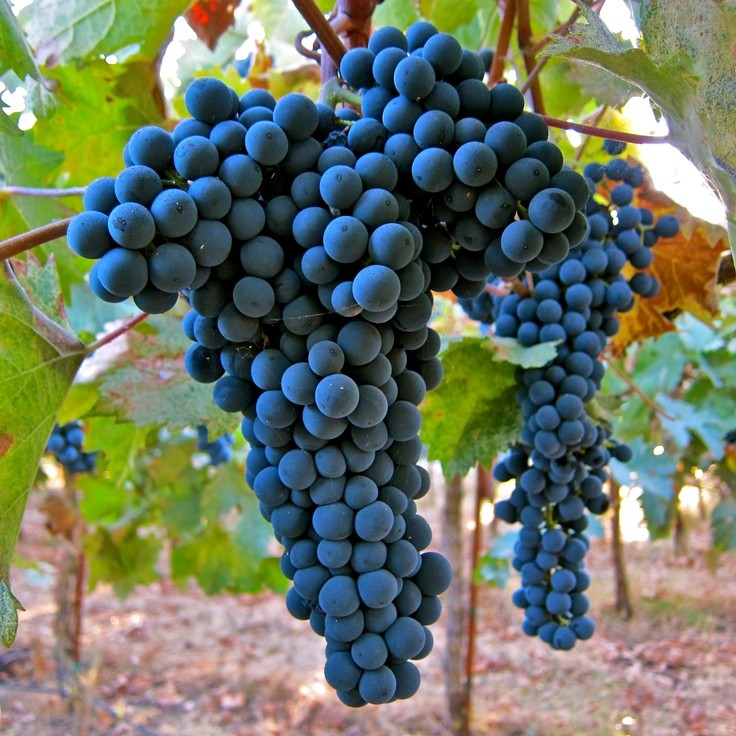
How to Source Iranian Black Raisins; What Global Buyers Should Know
..
-
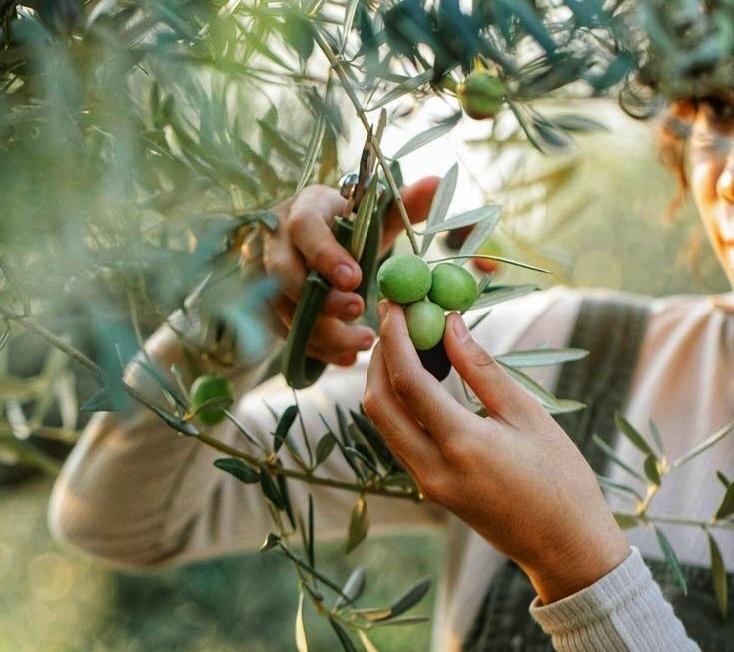
The History of Olive Cultivation in Iran; From Ancient Roots to Global Markets
..
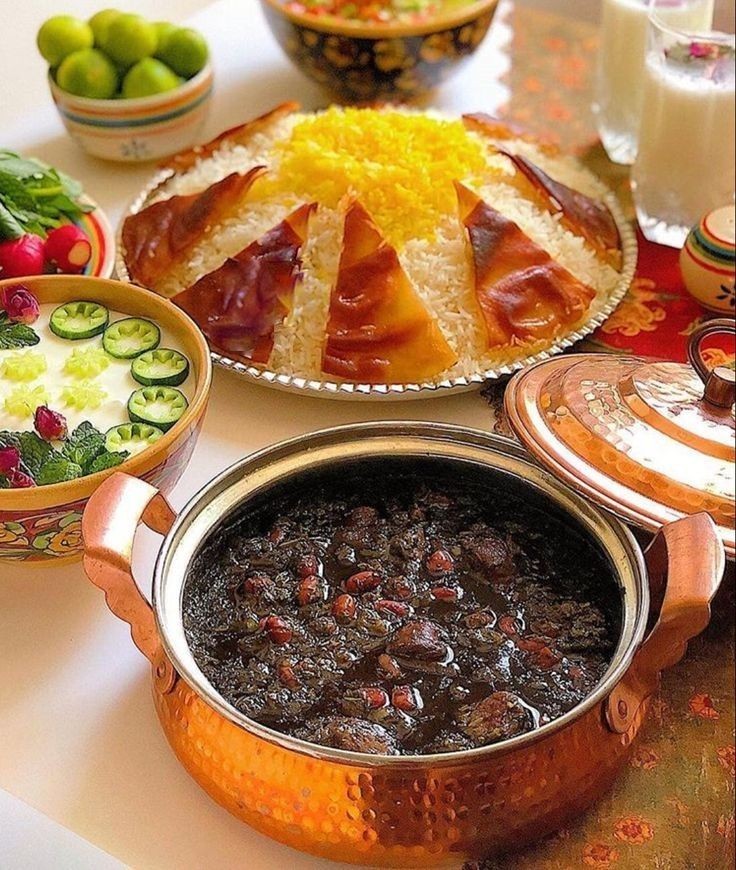
Tags
Top Types of Iranian Tea Preferred by Egyptian Consumers; A Guide for Importers and Distributors

Iranian tea, known for its rich aroma, deep color, and pure processing methods, has long been cherished across the Middle East. In recent years, Egypt has emerged as one of the key destinations for Iranian tea exports. Egyptian consumers, known for their deep-rooted tea culture, appreciate the natural taste and health benefits that Iranian tea offers over more commercial or chemically processed options.
If you're a tea importer, distributor, or wholesale buyer in Egypt, understanding what types of Iranian tea are most popular in the Egyptian market can help you make smarter purchasing decisions and increase profitability.
1. CTC (Crush, Tear, Curl) Iranian Black Tea
This is one of the most widely demanded types of tea in Egypt, especially in urban areas such as Cairo and Alexandria. It brews quickly, offers a strong and full-bodied flavor, and is typically consumed with milk or sugar. This tea is ideal for Egyptian households, tea shops, and hotels where bold flavor is appreciated. CTC tea also holds up well to long boiling — a common practice in Egyptian tea preparation.
2. BOP (Broken Orange Pekoe) Tea
The Broken Orange Pekoe variety of Iranian tea strikes a perfect balance between strength and aroma. It’s particularly popular among middle-class Egyptian consumers and tea sellers in traditional markets. Its medium leaf size allows for quick brewing while preserving the rich color and taste Iranian tea is known for.
3. Orthodox Loose Leaf Tea (Whole Leaf)
Traditional tea drinkers in Egypt often seek a more nuanced and less bitter flavor, which makes whole leaf orthodox Iranian tea an ideal option. This type is especially popular in upper-income households and among older consumers who value tradition and purity. The whole leaves unfurl beautifully in water, delivering a smooth, clean flavor with no artificial aftertaste.
4. Scented and Flavored Iranian Teas
There is a growing demand in Egypt for flavored teas such as Earl Grey, cardamom-infused, and saffron-infused Iranian teas. These offer a luxurious experience and are favored by younger consumers and boutique cafes. Saffron tea in particular is gaining popularity due to its perceived health benefits, such as improving mood and reducing stress.
Why Do Egyptian Consumers Love Iranian Tea?
• Chemical-Free Production: Iranian tea is cultivated without the use of artificial colorants or preservatives, aligning with growing health consciousness among Egyptian buyers.
• Affordable Price Point: Compared to teas from India or Sri Lanka, Iranian tea offers excellent value for money without compromising on quality.
• Versatile Packaging: Available in both bulk formats for wholesalers and smaller consumer-ready packs for retailers.
• Cultural Compatibility: The taste profile of Iranian tea aligns well with Egyptian brewing habits, including long boiling and the addition of sugar or herbs.
Opportunities for Tea Importers in Egypt
With Egypt being one of the largest tea-consuming nations in the MENA region, there is a consistent demand for reliable, high-quality tea imports. Iranian tea can help Egyptian distributors diversify their offerings and tap into a niche market that values authenticity and quality over commercial branding.
• Distribute to supermarkets, wholesalers, cafés, and traditional tea shops
• Offer private labeling for boutique brands in Egypt
• Import in bulk for institutional use in hotels, restaurants, and catering companies
Conclusion:
Iranian tea is a strategic product for Egyptian buyers looking to offer something natural, flavorful, and economically viable. Whether you're an importer, wholesaler, or tea distributor in Egypt, partnering with a trusted Iranian tea supplier can help you unlock a growing and loyal customer base.



